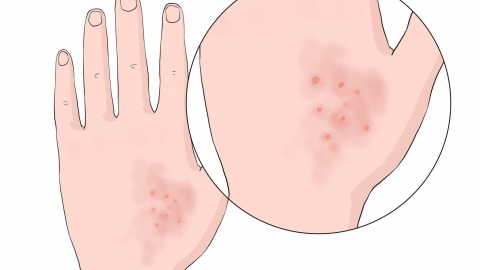Can patients with chickenpox eat raspberries?
Generally, patients with chickenpox can eat raspberries, but should do so in moderation. Detailed analysis is as follows:

Raspberry is a nutrient-rich fruit containing abundant vitamin C, vitamin E, dietary fiber, and various minerals. These nutrients help enhance immune function. Chickenpox is an acute infectious disease caused by the varicella-zoster virus, and maintaining strong immunity is beneficial for recovery. Additionally, raspberries have a sweet and tart taste that can help improve poor appetite that may occur during illness. Their high water content helps replenish bodily fluids and promote metabolism. Moreover, raspberries are neither spicy nor irritating foods, nor are they high-risk allergenic foods. Moderate consumption generally does not negatively affect the course of chickenpox and can provide essential nutritional support to patients.
Raspberries should be thoroughly washed before consumption to avoid introducing residual bacteria or impurities into the body, which could cause gastrointestinal discomfort. Consumption should also be moderated, as excessive intake at one time may burden the digestive system, particularly for patients with weak gastrointestinal function.




